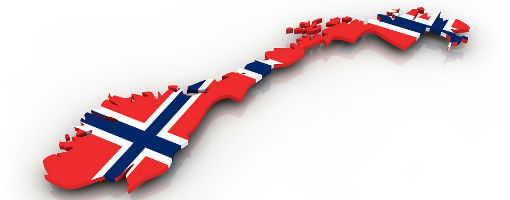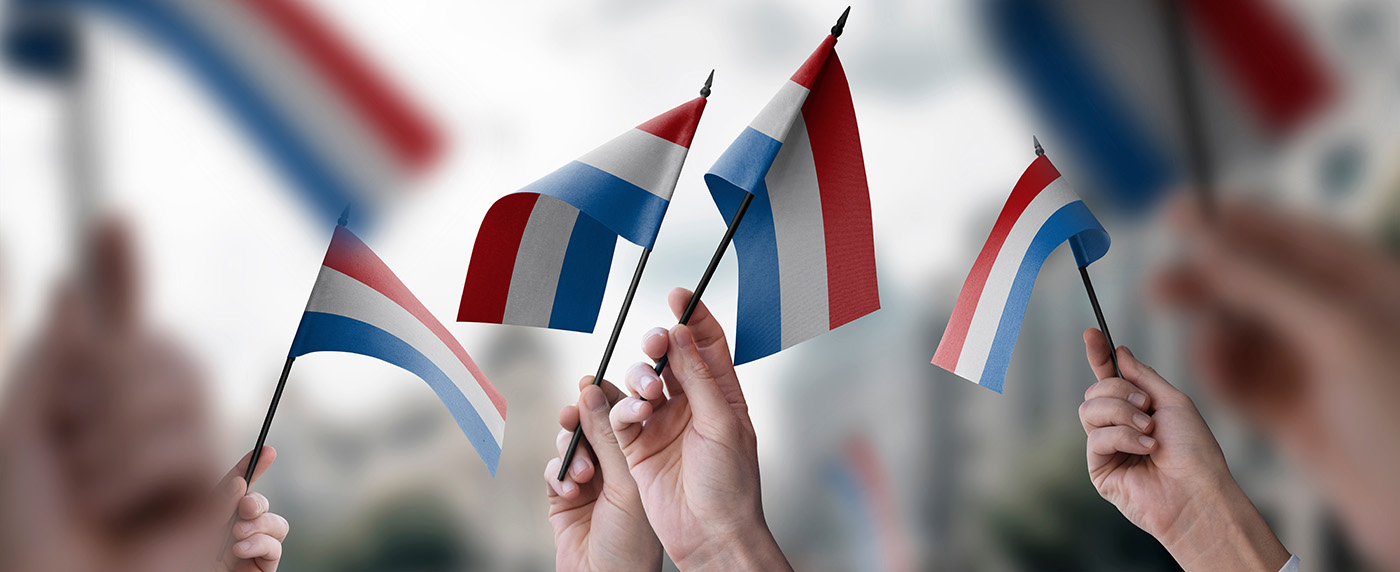Parental leave has only a minimal impact on pension savings, according to research by Insurance and Pension Denmark (I&P Denmark), which found that it is not the maternity period itself but the decision to reduce working hours afterwards that significantly affects women's pensions.
I&P Denmark pointed out that several studies show that the difference between men's and women's pension wealth increases the longer they work. In addition to pay differences, many point to women's parental leave as a possible explanation.
Commenting on this, I&P Denmark director of pensions, Jan V. Hansen, said: “Surprisingly many people today have a job where they automatically maintain the contributions to their pension scheme during the periods when they receive maternity benefits without pay.
“And this means that the decline in women's pension contributions is not nearly as large as has been imagined.”
According to the analysis, women's total pension contributions are only DKK 8,600 less, 12 months after they have given birth to their first child, compared to the contributions before the child was born.
Hansen added that it is “even more remarkable” that the fall in pension payments during maternity leave is “significantly” smaller than the fall in wages – 13 per cent compared to 22 per cent.
The analysis also showed that increased time set aside for male parental leave has increased salary and pension contributions for mothers in the first year after the birth of their child.
This is because mothers now take slightly shorter unpaid parental leave on average, while fathers take more parental leave.
“Earmarked parental leave means that parents distribute the weeks with maternity benefits a little more evenly than before,” Hansen said.
“The consequence for salary and pension is that the mothers in the first year after the child is born receive DKK 20,000 more in salary under the new rules, while the pension is largely unchanged because the mothers were already compensated with a pension before the new rules.”
Hansen pointed out that although many studies show that having children "greatly" lowers women’s lifetime earnings, the main reason isn’t maternity leave.
He said the decision to lower working hours in the years after maternity leave has a “significantly greater impact” on women's lower pensions compared to men's pensions.
“Once the maternity leave is over, many mothers choose to work reduced hours for a number of years,” Hansen explained.
“This – and not the maternity leave itself – is a major reason why women at retirement age have a lower pension than men.”
He said that after women have their first child, the proportion who work part-time doubles.
Indeed, five years after the first child is born, 40 per cent work part-time, while it was 20 per cent before the first child.
Latest News
-
Legislative changes to IORP II and PEPP regs confirmed as EC adopts pension package
-
Pensions and insurance industry has 'special obligation' to use AI responsibly, I&P Denmark says
-
Strong appetite for CDC schemes in the UK but balancing risk ‘critical’
-
European Pensions Awards 2026 open for entries
-
Changes needed to Finnish earnings-related pensions laws to improve return to work
-
Irish govt to tighten occupational pension scheme standards ahead of state's AE rollout
Podcast: Stepping up to the challenge

In the latest European Pensions podcast, Natalie Tuck talks to PensionsEurope chair, Jerry Moriarty, about his new role and the European pension policy agenda
Podcast: The benefits of private equity in pension fund portfolios

The outbreak of the Covid-19 pandemic, in which stock markets have seen increased volatility, combined with global low interest rates has led to alternative asset classes rising in popularity. Private equity is one of the top runners in this category, and for good reason.
In this podcast, Munich Private Equity Partners Managing Director, Christopher Bär, chats to European Pensions Editor, Natalie Tuck, about the benefits private equity investments can bring to pension fund portfolios and the best approach to take.
In this podcast, Munich Private Equity Partners Managing Director, Christopher Bär, chats to European Pensions Editor, Natalie Tuck, about the benefits private equity investments can bring to pension fund portfolios and the best approach to take.
Mitigating risk
BNP Paribas Asset Management’s head of pension solutions, Julien Halfon, discusses equity hedging with Laura Blows
© 2019 Perspective Publishing Privacy & Cookies







Recent Stories